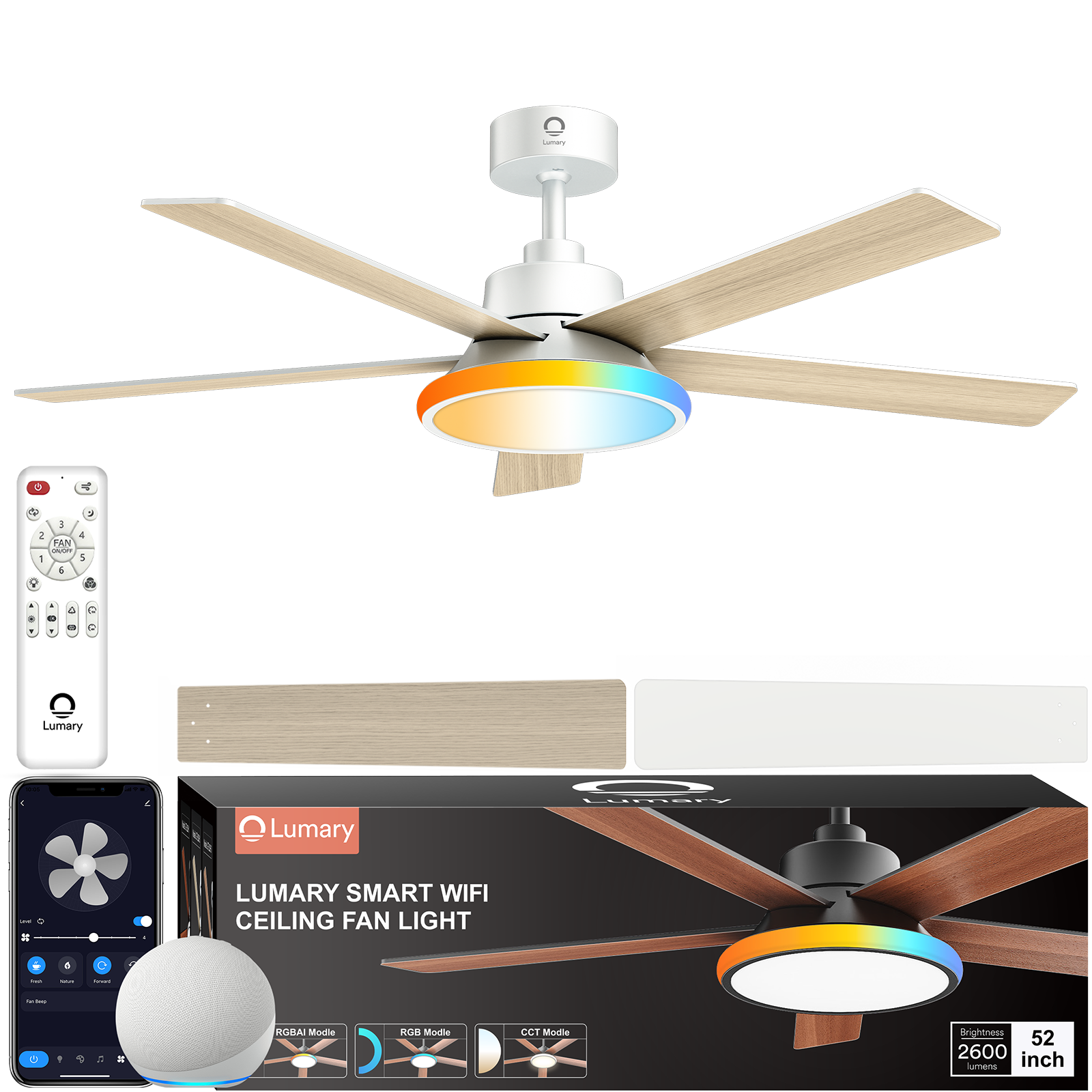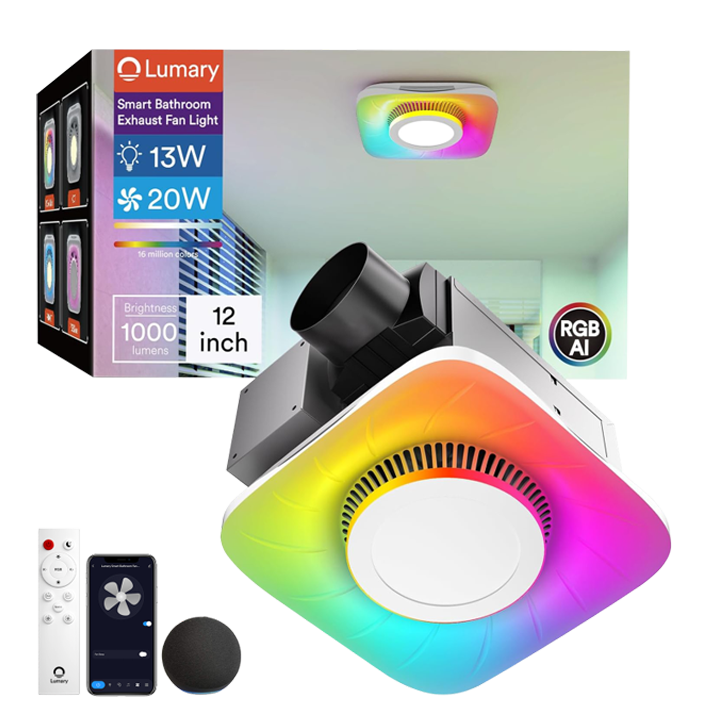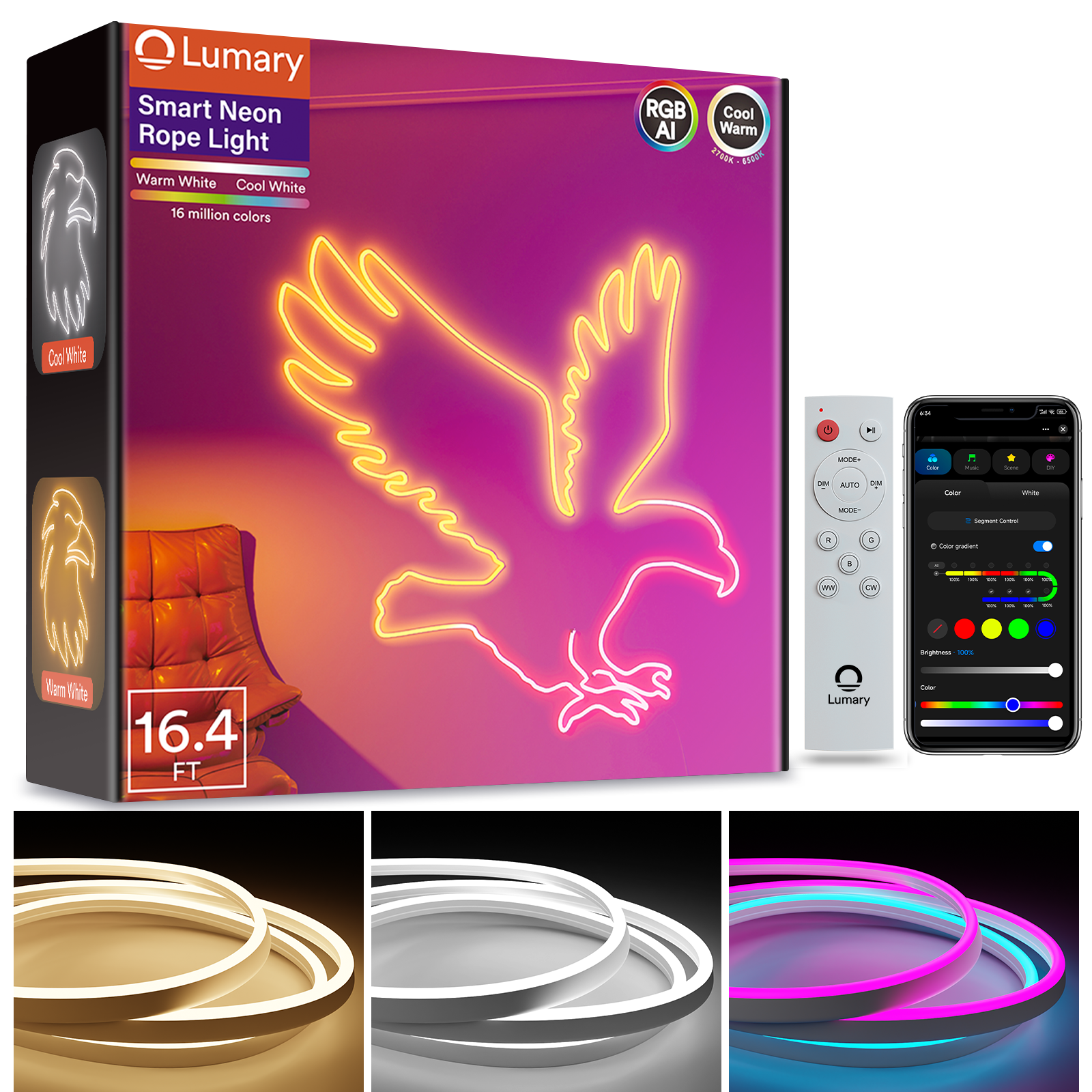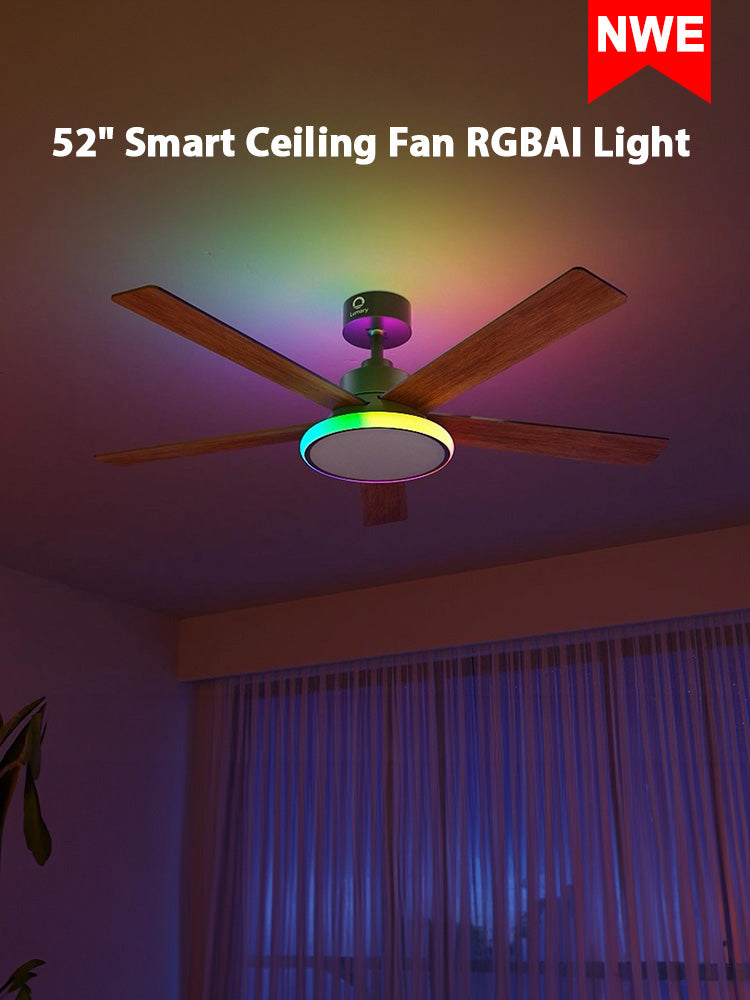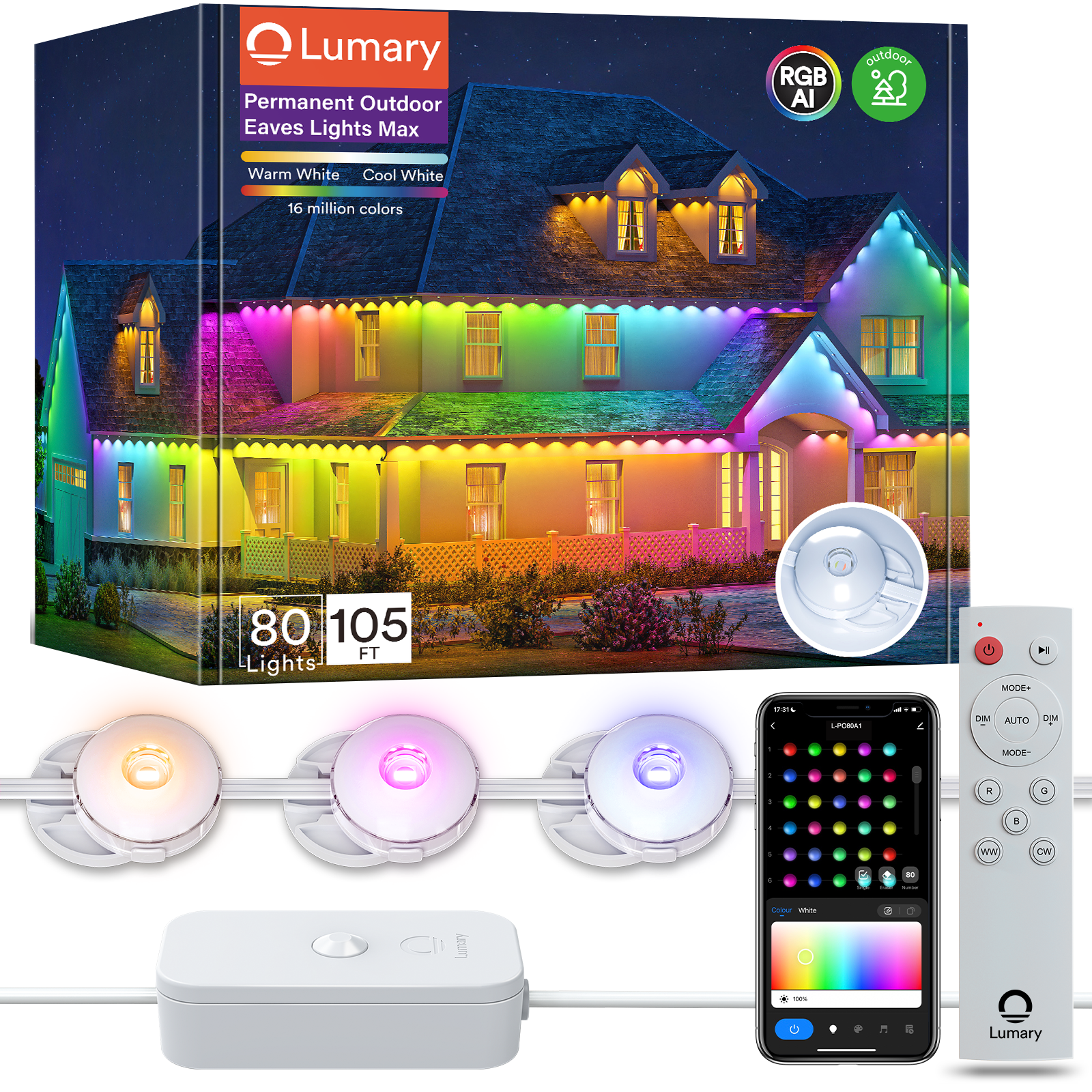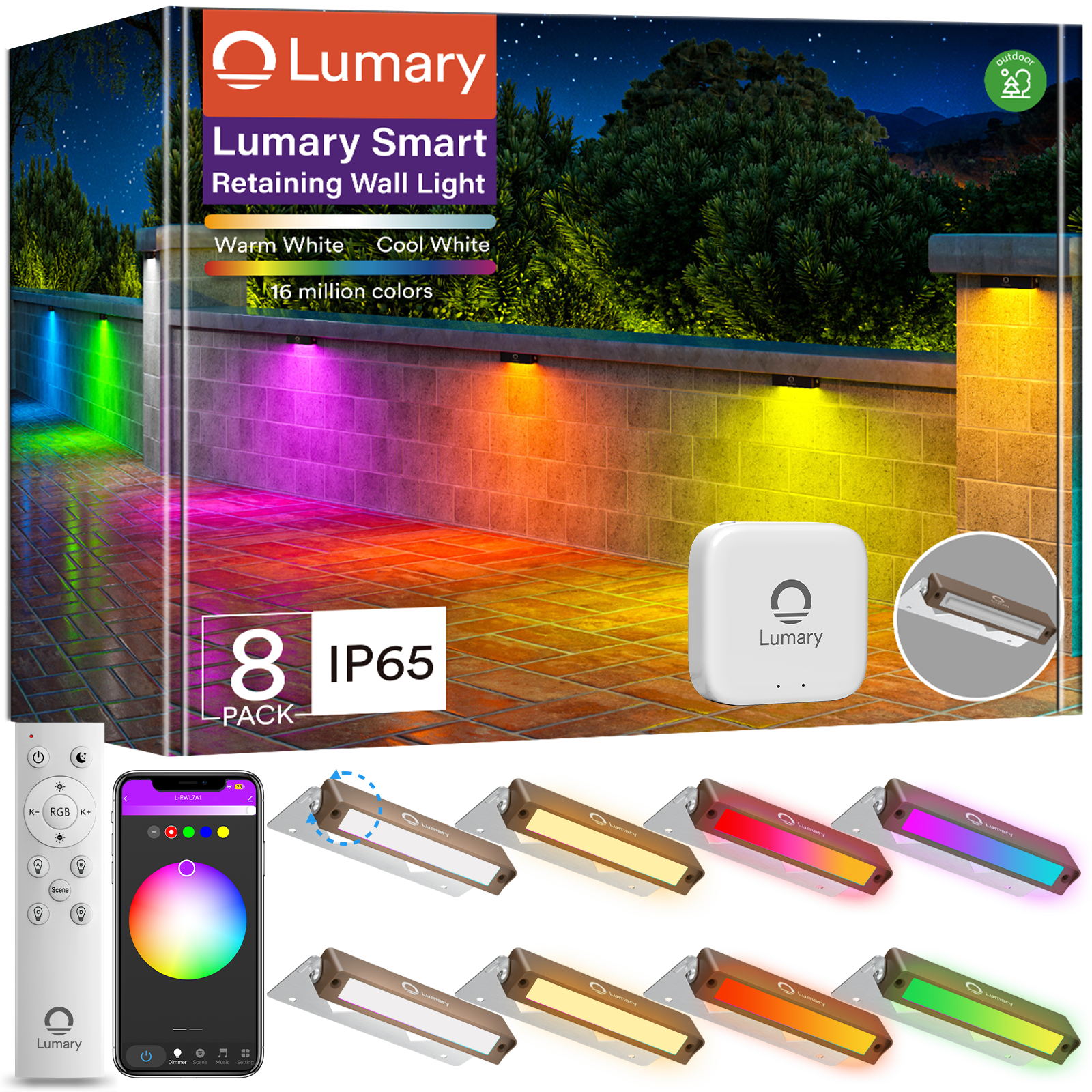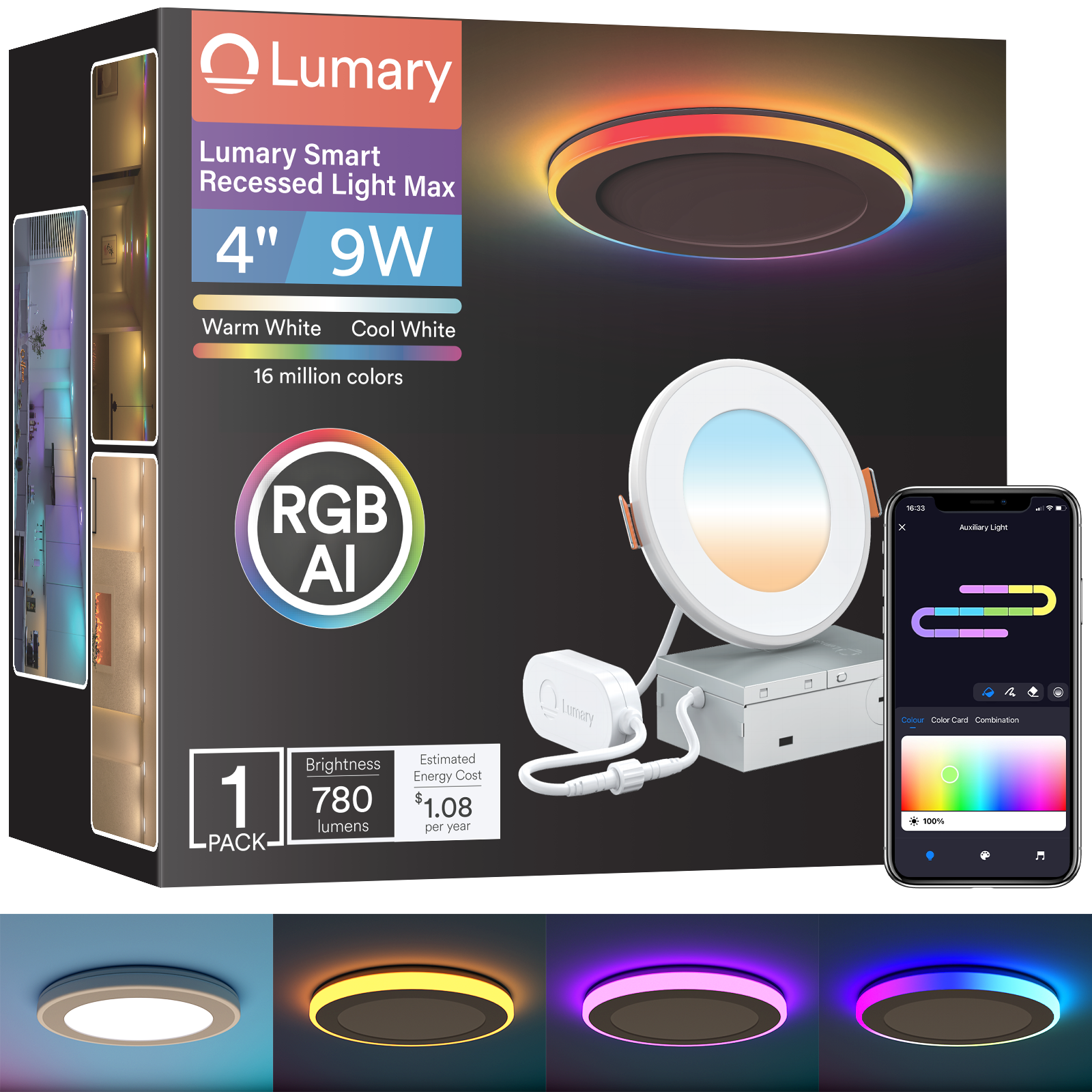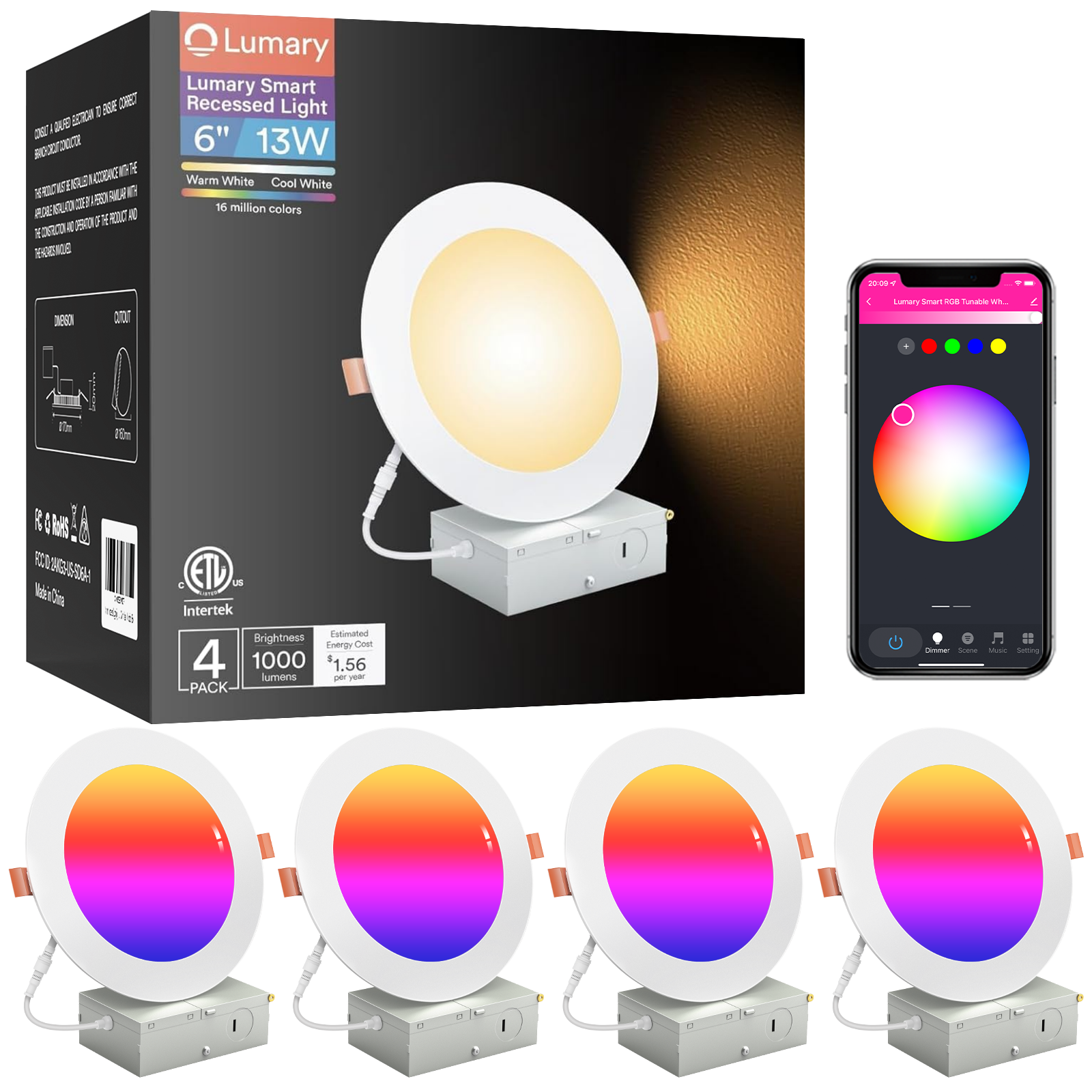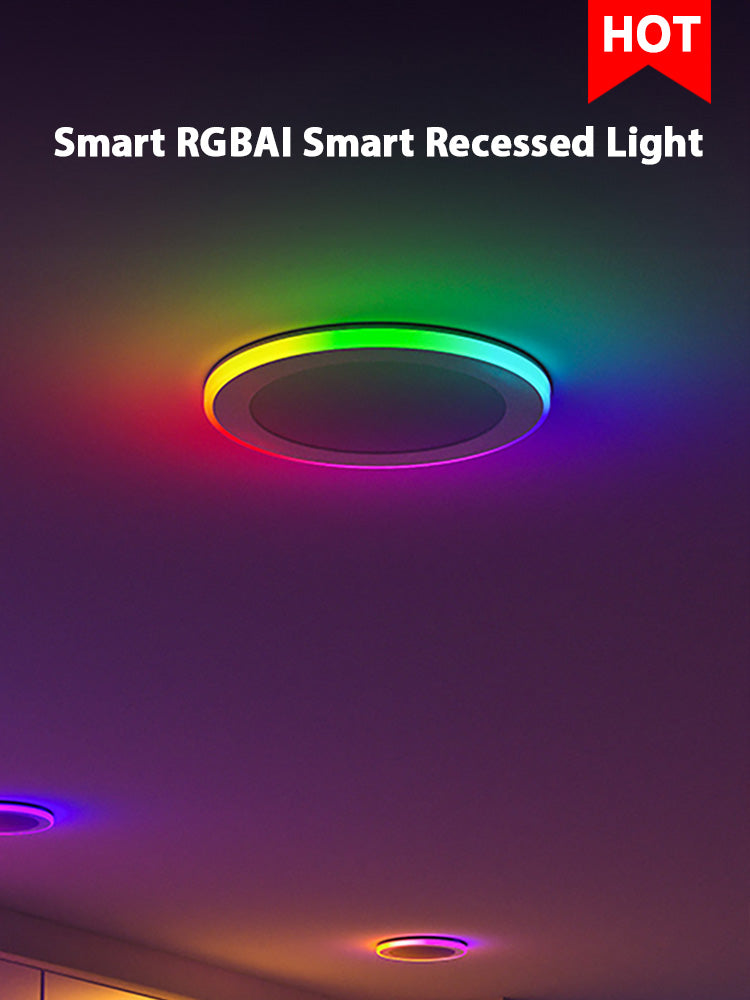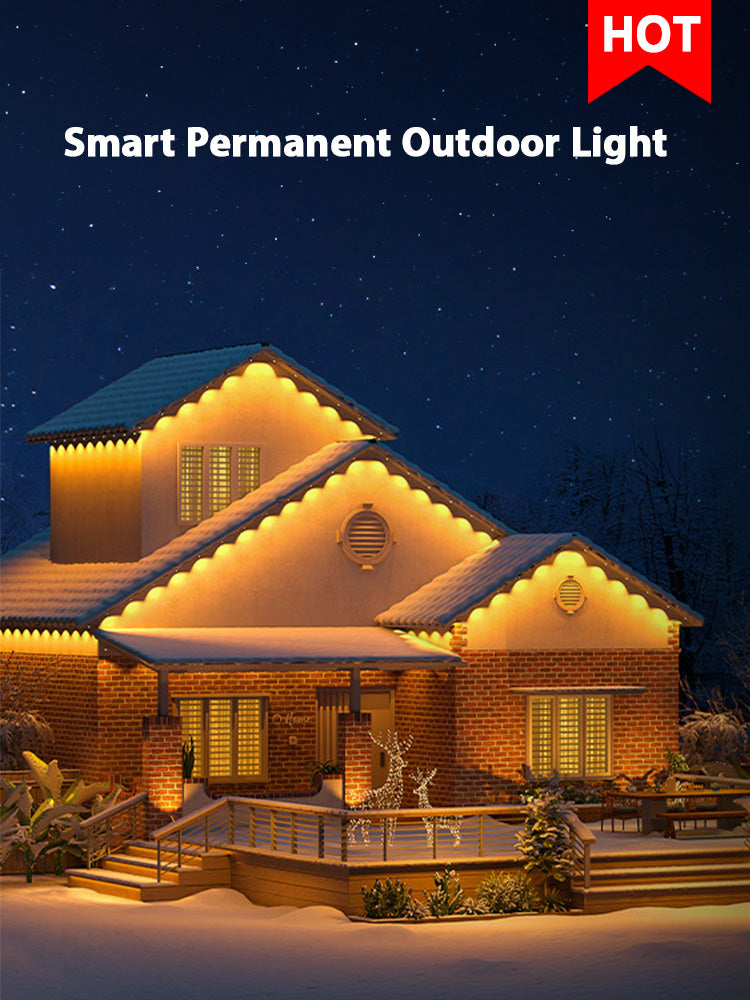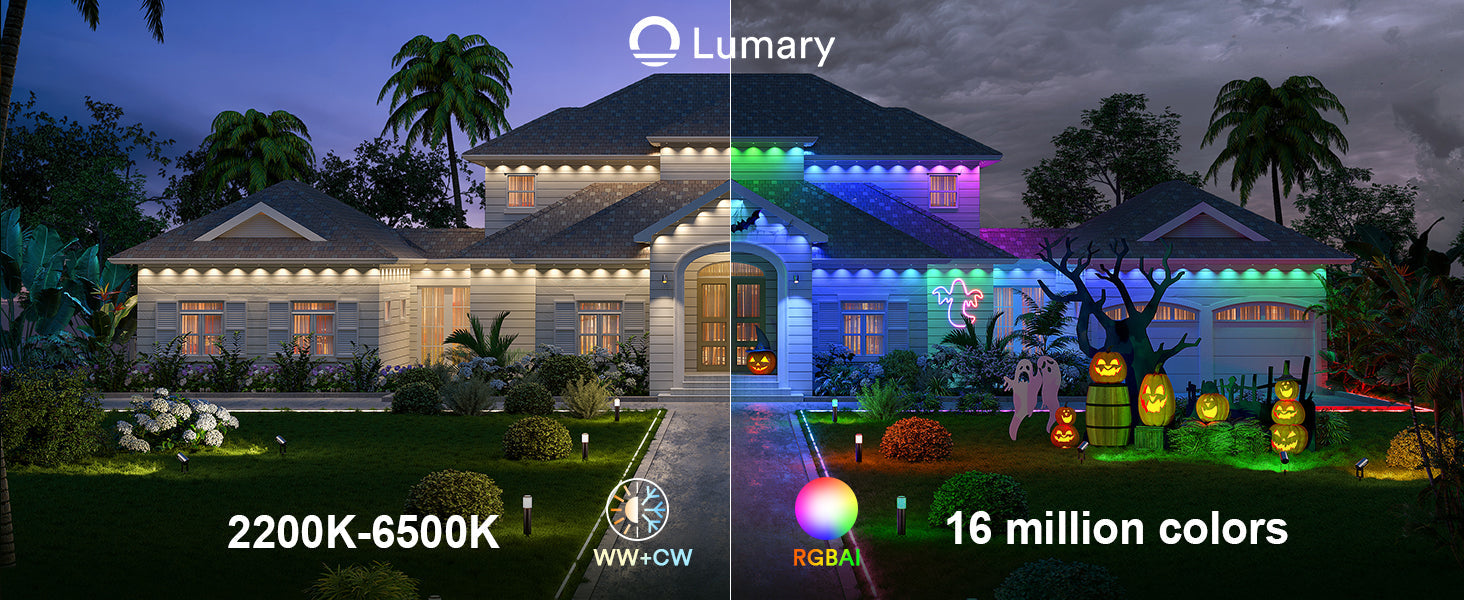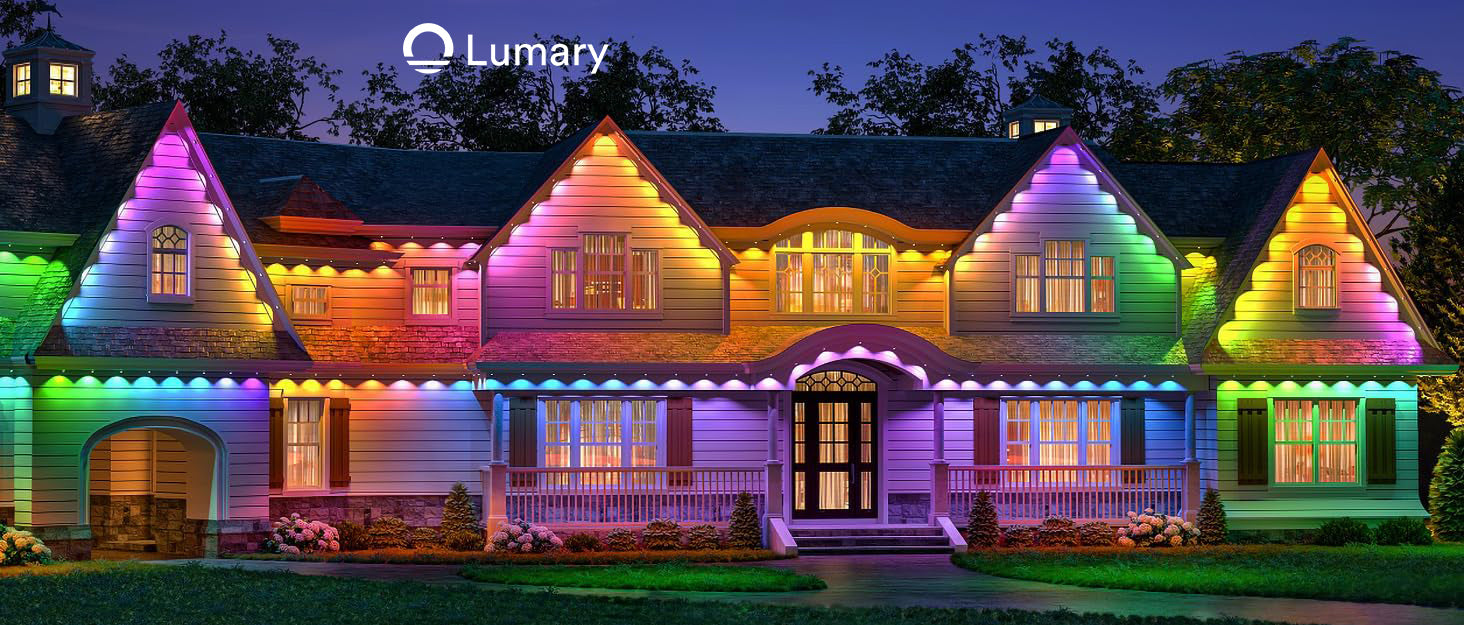Low voltage landscape lighting transforms your outdoor space into a magical haven. These lights offer safety, beauty, and energy efficiency. You save money and reduce risks with landscaping lights low voltage. This guide suits beginners and DIY enthusiasts eager to enhance their gardens. Dive into the world of low voltage lighting and discover how easy it is to create stunning effects in your yard.
Understanding Low Voltage Landscape Lighting

What is Low Voltage Lighting?
Low voltage lighting operates on a reduced voltage level, typically between 12 and 24 volts. This setup makes it safer and more energy-efficient compared to traditional lighting systems that use 120 or 230 volts. The lower voltage reduces the risk of electrical shock, making it suitable for outdoor environments. You can easily install low voltage systems without needing extensive electrical knowledge.
Comparison with Traditional Lighting
-
Voltage Level: Low voltage systems use 12-24 volts, while traditional systems use 120-230 volts.
-
Safety: Lower voltage means a reduced risk of electrical shock.
-
Energy Efficiency: Low voltage systems consume less energy, leading to cost savings.
-
Installation: Easier and safer to install, especially for DIY projects.
Benefits of Low Voltage Lighting
Safety Advantages
Low voltage lighting provides a safer option for illuminating outdoor spaces. The reduced current flow minimizes the risk of electrical shock. This safety feature makes low voltage lighting ideal for residential areas where children and pets play. Some regions even mandate low voltage lighting for outdoor applications to enhance safety.
Energy Efficiency and Cost Savings
Low voltage lighting systems are energy-efficient, using less power than traditional lighting. This efficiency translates into lower electricity bills. Low voltage LED fixtures last longer, reducing maintenance costs over time. You can enjoy beautiful landscaping lights low voltage without worrying about high energy consumption.
Common Applications
Residential Uses
Homeowners love low voltage lighting for enhancing gardens, pathways, and patios. The soft glow creates a welcoming ambiance. You can highlight architectural features or illuminate walkways for safety. Low voltage lighting transforms your yard into an enchanting space.
Commercial Uses
Businesses use low voltage lighting to enhance outdoor aesthetics and improve security. Restaurants and hotels create inviting atmospheres with strategically placed lights. Low voltage systems also illuminate parking lots and pathways, ensuring safety for guests and employees.
Tools and Supplies Needed

Getting the right tools and supplies makes your low voltage landscape lighting project smooth and enjoyable. You’ll feel like a pro in no time!
Essential Tools
Wire Strippers
Wire strippers help you prepare cables for connections. You’ll need these to remove insulation without damaging the wires. A good pair of wire strippers ensures clean and precise cuts.
Screwdrivers
Screwdrivers are essential for securing fixtures and connectors. You’ll use them to tighten screws and make adjustments. Keep a set of different sizes handy for various tasks.
Necessary Supplies
Low Voltage Transformer
A low voltage transformer converts standard power to a safer 12 volts. This device is crucial for powering your lights. Choose a transformer that matches your system’s wattage needs.
Lighting Fixtures
Lighting fixtures bring your vision to life. Select fixtures that suit your style and purpose. Options range from spotlights to path lights, each adding unique charm to your landscape.
Cables and Connectors
Cables and connectors link everything together. Use quality cables to ensure durability and performance. Quick connectors simplify the process, making installation a breeze.
With these tools and supplies, you’re ready to create a stunning outdoor display. Enjoy the process and watch your space transform!
Step-by-Step Installation Guide
Planning Your Layout
Assessing your landscape
Start by taking a good look at your outdoor space. Walk around and notice the areas that need lighting. Think about pathways, gardens, and any dark spots that could use some brightness. Consider how landscaping lights low voltage can enhance these areas. Make a list of places where you want to install the lights.
Designing the lighting layout
Grab a piece of paper and sketch your yard. Mark the spots where you want to place the lights. Think about the effect you want to create. Do you want to highlight a beautiful tree or illuminate a pathway? Decide on the type of fixtures that suit each area. A well-thought-out plan makes the installation process smoother.
Installing the Transformer
Choosing the right location
Find a safe spot for the transformer. The location should be close to a power outlet. Keep it away from water sources to avoid damage. Ensure the spot is easy to access for maintenance. A good location keeps your system running smoothly.
Mounting and connecting
Mount the transformer securely on a wall or a post. Follow the manufacturer's instructions for mounting. Connect the transformer to the power source. Make sure the connections are tight and secure. A proper connection ensures efficient power supply to your lights.
Laying the Cables
Trenching and burying cables
Dig trenches for the cables. The trenches should be about six inches deep. This depth protects the cables from lawn equipment. Lay the cables in the trenches carefully. Cover them with soil and pat it down firmly. Properly buried cables last longer and perform better.
Connecting to fixtures
Attach the cables to the light fixtures. Use quick connectors for an easy setup. Make sure each connection is tight and secure. Test the connections by turning on the lights. Adjust as needed to ensure everything works perfectly. A good connection means your landscaping lights low voltage will shine brightly.
Installing the Fixtures
Positioning and securing fixtures
Start by deciding where to place each fixture. Consider the areas that need illumination. Think about the effect you want to create with your landscaping lights low voltage. Place fixtures near pathways, gardens, or architectural features. Ensure each fixture has a stable surface for mounting. Use stakes or brackets to secure the fixtures firmly in place. A well-positioned fixture enhances the beauty of your outdoor space.
Testing and adjustments
Turn on the system to test the lights. Check each fixture to ensure proper operation. Look for any dim or flickering lights. Adjust the position of fixtures if needed. Make sure the light covers the intended area. Tighten any loose connections to improve performance. Regular testing ensures your landscaping lights low voltage shine brightly. Enjoy the ambiance created by your new lighting setup.
Maintenance and Troubleshooting
Keeping your low voltage landscape lighting in top shape ensures a beautiful and safe outdoor space. Regular maintenance and quick troubleshooting can make all the difference. Let's dive into some handy tips and solutions.
Regular Maintenance Tips
Cleaning Fixtures
Outdoor lights face dirt, dust, and weather elements. Regular cleaning keeps fixtures looking great and functioning well. Use a soft cloth or sponge with mild soap and water. Gently wipe the surfaces to remove grime. Avoid harsh chemicals that might damage the finish. Clean fixtures every few months for optimal performance.
Checking Connections
Loose connections can cause flickering or dim lights. Inspect connections regularly to ensure everything stays tight. Check the cables and connectors for wear or corrosion. Replace any damaged parts promptly. Secure connections guarantee a steady power supply to your lights.
Common Issues and Solutions
Flickering Lights
Flickering lights can annoy and disrupt the ambiance. Loose connections often cause this issue. Tighten all connections and check for any frayed wires. Ensure the transformer provides consistent power. If flickering persists, consider upgrading to LED bulbs for better stability.
Dim Lighting
Dim lighting can result from several factors. Check the transformer to ensure it matches the system's wattage needs. Inspect the cables for damage or wear. Replace any faulty components to restore brightness. Consider using higher-quality fixtures for improved light output.
Expert Testimony:
Outdoor Lighting Solutions STL highlights the importance of choosing the right fixture for optimal performance. Quality fixtures enhance both aesthetics and functionality, ensuring your outdoor space shines brightly.
Regular maintenance and quick fixes keep your landscaping lights low voltage running smoothly. Enjoy a well-lit and inviting outdoor environment with these simple steps.
Low voltage landscape lighting offers safety, beauty, and energy savings. You can easily transform your outdoor space with a DIY installation. Many homeowners find the process rewarding and cost-effective. If you need more guidance, explore additional resources or seek professional help. Professionals provide expertise and ensure optimal results. A well-lit garden enhances your home’s appearance and security. Enjoy the magical ambiance and peace of mind that comes with a beautifully illuminated landscape.


